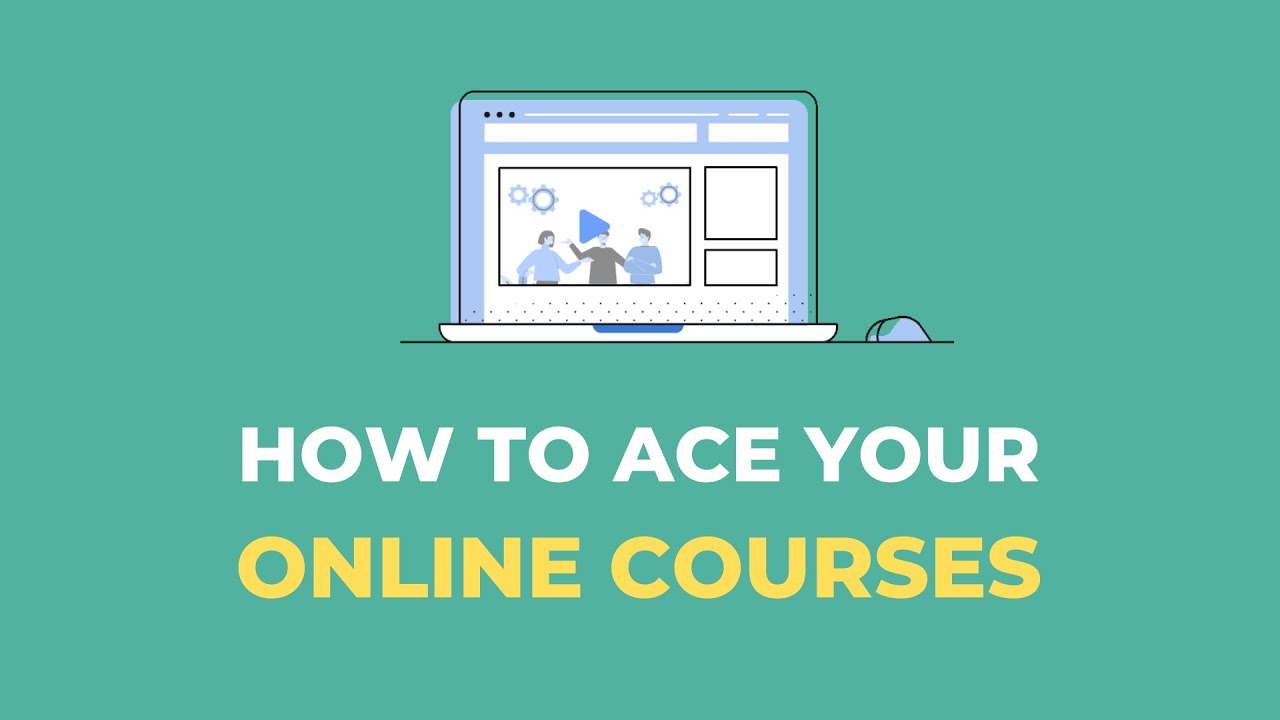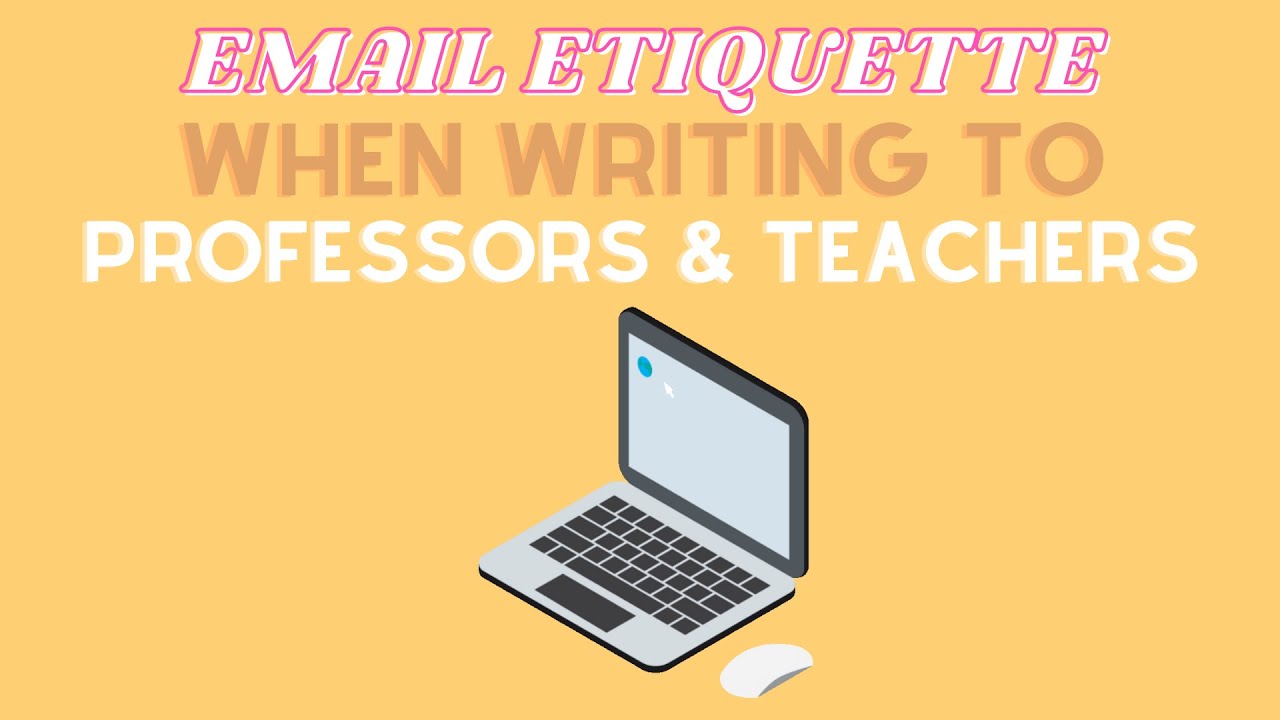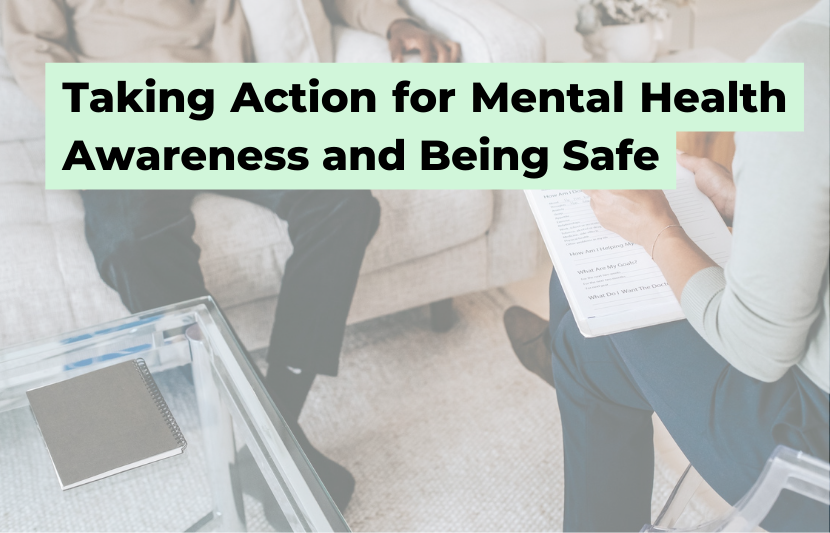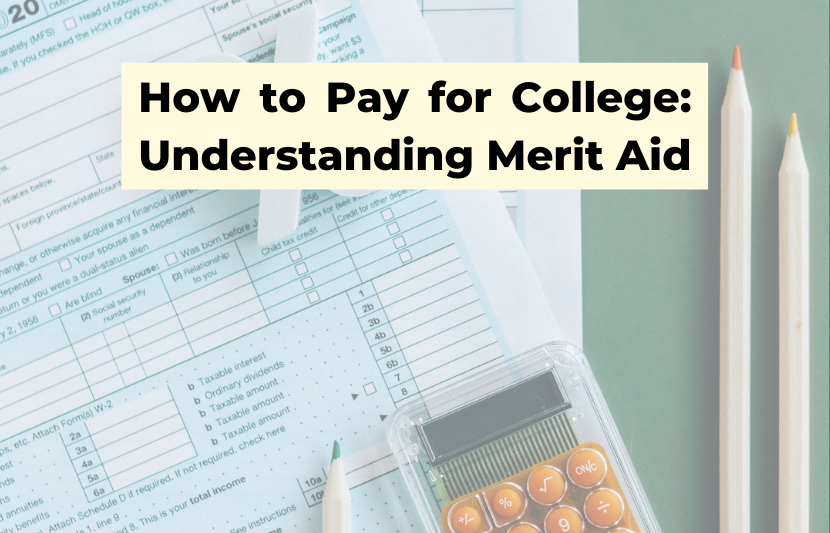In this episode of TUN TV, Dr. Crystal Rose interviews Courtney Quinn from CompTIA to discuss how to get into tech without going to college or having the highest grades in sciences or math.
Dr. Crystal Rose: Welcome to The University Network TV. I’m your host today, Dr. Crystal Rose. And in today’s “Delving Into Tech” show, we have Courtney Quinn from CompTIA join us.
Welcome, Courtney.
Courtney Quinn: Thank you so much for having me, Dr. Rose.
Dr. Crystal Rose: First of all, tell me a little bit about how to say the name of the organization.
Courtney Quinn: You nailed it. It is pronounced CompTIA.
Dr. Crystal Rose: Can you share with us what are the goals of CompTIA?
Courtney Quinn: Our goals at CompTIA are really quite simple. We really want job seekers to feel confident in their skills. We want people enjoying great tech jobs, and we want companies to be able to hire top tech talent.
So, CompTIA’s goal comes alongside people in those areas, and we really help them build the skills to pursue great tech careers.
Dr. Crystal Rose: Wonderful. Can you please describe your role at CompTIA?
Courtney Quinn: I just started calling myself the Tech Career Connector because I wake up every morning and I am really excited that I get to help people build skills, so they can gain living wage jobs and they don’t have to go to college to do it.
That’s a very exciting place to be. What, in your estimation, is the biggest impediment to more people entering the tech field?
The biggest impediment to people getting into tech is truly confidence. We actually call it the confidence gap because we do see that there are some narratives that are reinforced in various ways.
A lot of people believe they have to go to college to get into tech, and you don’t. They believe you have to be really good at math and science to get into tech, and that’s just not accurate. They believe it’s going to be really hard work and that it’s going to take a lot of time and money. And quite frankly, when you compare getting into tech through IT training and certification, it’s actually something that can be more affordable and more time-effective than going to college.
Dr. Crystal Rose: I really like the accessibility of it all, but what problem does CompTIA want to solve? What problem is CompTIA solving?
We in tech have a massive problem ahead of us. And let’s all be mindful that tech doesn’t just affect tech workers. Tech affects everything we do in our lives.
And we have a problem in the tech industry, and it’s called the tech talent gap. Essentially, we have more tech jobs than we have workers ready to take those jobs. Right now, we know there’s about 8 million tech jobs in America and those numbers are growing. And so we need to skill up workers to be able to take those jobs, so we can continue to enjoy tech to the level that we do today.
Dr. Crystal Rose: Could you also give us an example of how many students globally may feel tech is beyond their reach because they may not be very strong in the sciences or the math?
Courtney Quinn: We know about 44 percent of students globally are hesitant to explore tech because they fear that they don’t have the math and science skills to work in the trade.
That, again, is just not true. If you talk to any IT pro, they’ll tell you that there’s not just amazing tools out there to help accomplish any math or science equations that come up. But there’s also an extremely robust and supportive community of IT professionals. All you have to do to see this IT group is do a Reddit search of CompTIA, and you’ll see this group operating in real time to support one another.
Dr. Crystal Rose: Really exciting to hear that. You mentioned that some of the skills perhaps hold people back from entering the tech field, but there may be other things, too, that are holding people back from exploring this industry.
Courtney Quinn: Yes. I think another big one that comes up a lot is that people believe they do have to go to college to work in tech, or that they have to be the brightest and most genius minds.
We have seen a lot of really wonderful, sharp, talented people rise to the top of tech fame. Steve Jobs comes to mind. And so, I think we cast that vision on ourselves that we have to be as smart as Steve Jobs or engineers at Apple. And the fact of the matter is that we are all intelligent in our own ways, and tech is a very broad industry.
We need all of our gifts and talents brought to the table, so that we can continue to move forward at the pace that we’ve been moving forward.
Dr. Crystal Rose: So, what does someone have to do to get a tech job, and how does CompTIA help in that regard?
Courtney Quinn: The bottom line of getting a tech job without going to college is to start training and certification program at a respected training body like CompTIA.
I’m going to tell you what that doesn’t mean because it does get misconstrued. It doesn’t mean you have to go to a college. It does not mean you have to have the best marks in math and science.
The word “certification” can scare people, but here’s what it means. It means you sign up for a training program that costs a fraction of what college would cost. Then you prepare for an exam, and you can take your time to prepare.
Several people take months to prepare for these exams. And you’re in good company because when you pass, you’ll be passing alongside thousands of people who pass certification exams every single month.
All of that is to say, within several months, you can have that certification, which unlocks your career potential.
Dr. Crystal Rose: Could you please share what it means to meet the needs of a person interested in going into the breadth and depth of the tech industry?
Courtney Quinn: It starts off with just an interest and doing something. Now that might be that you are fully immersing yourself in the tech industry.
You’re reading all of the tech news that comes out. You’re tinkering with tech. Maybe there’s old machines lying around your house that you’re starting to tinker with. You’re helping family with their computers. You’re looking for local or virtual apprenticeships to get started.
There’s a number of things that anyone with a remote interest in tech could start doing today to help build those skills and help them increase their confidence to know that they really can do tech.
Dr. Crystal Rose: Have you heard any surprising stories of ways some people may have entered the tech field?
Courtney Quinn: Oh, I heard the best story just last week. It’s about this gentleman named Daniel. Daniel is an IT Support Specialist, but he started his career by writing his phone number on a roadside sign and saying that he could fix any tech problem and costs less than Geek Squad.
Dr. Crystal Rose: That certainly is enterprising. Really love that example right there and really love how CompTIA is giving them an opportunity and inroad into the tech field.
Are there opportunities for people who are interested in the tech field to get apprenticeships, grants, or certifications at CompTIA, instead of enrolling in a costly four-year program?
Yes, we have numerous opportunities available.
Dr. Crystal Rose: Wonderful. What should viewers do next?
Courtney Quinn: I do implore you to consider a tech career.
This is a fast-growing industry with a lot of growth potential. If you’re wondering if IT is right for you, we actually have a quiz you can take. Go ahead and Google “is IT right for you?”, and take the CompTIA quiz to find out.
Dr. Crystal Rose: Okay.
Courtney Quinn: Suppose someone has taken that quiz and maybe they’re still not certain that tech is a field they want to explore. How can CompTIA help them from there?
CompTIA has wonderful resources. If you look at CompTIA A Plus, we have the industry standard for entering IT.
Now, this doesn’t just give you the training and the certification, but we also have several research reports about exactly why working in tech can be so rewarding with just one certification under your belt.
Dr. Crystal Rose: And what do you foresee users and CompTIA in five years from now?
Courtney Quinn: Speaking for CompTIA, I know that today we have over 2 million IT PRO certified worldwide, so we are really powering the IT industry today. This is only going to continue growing as we shrink the tech talent gap by bringing more people into really rewarding tech careers.
And as CompTIA continues to be the most respected place to train and certify for a tech career, we fully expect that we will be leading the charge with growing the industry of support.
But what this means for you is that there is a world of possibility out there that you can earn a living wage job. You don’t have to go to college, and the doors are open for you even if you didn’t earn the highest marks in math and science.
Yes, there are challenges to studying for a certification, but it’s not as scary as it may seem and there’s a world of support. So, explore a tech career today and let’s see where we all go in the next five years.
I would also like to ask you if you could share your greatest hope for CompTIA going forward.
My greatest hope is that we can all continue to help one another.
At CompTIA, we’re really rooting for you, all of the IT professionals. And we find that IT professionals have this wonderful characteristic trait to help people. And if you want to help people, then we especially urge you to look at tech because it’s a great job where we can continue helping one another and living our fullest lives.
Dr. Crystal Rose: Fantastic. Thank you, Courtney Quinn, for sharing this with us today.
Courtney Quinn: Thank you so much for having me, Dr. Rose.
Dr. Crystal Rose: To our audience, thank you very much for joining us. Here’s to your success. I’m your host, Dr. Crystal Rose. Until next time on TUN TV.












